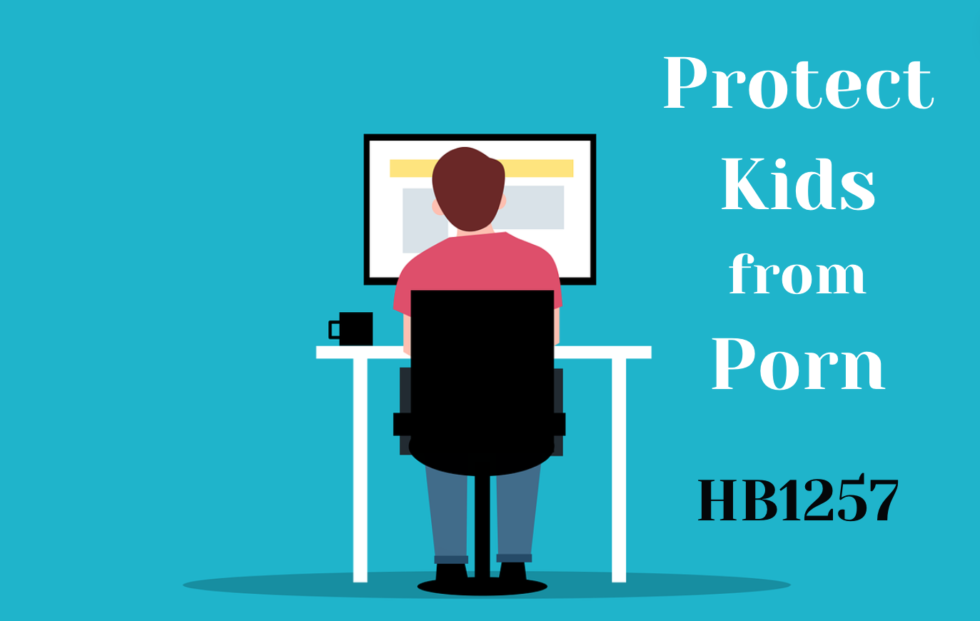South Dakota could soon join the ranks of the eight states that have adopted bipartisan legislation to require age verification measures on pornography websites. So far this legislative season, at least 14 other states have introduced bills echoing the original legislation crafted by Louisiana in 2022 – and South Dakota is one of them.
HB 1257, introduced by Representative Bethany Soye, is a deeply important bill that we stand firmly behind. The bill’s multifaceted approach to protecting children from harmful content while also ensuring the privacy of adult users is described in Sen. Soye’s press release below. The bill:
- Applies to any online platform that regularly works to “create, host or make available” content that South Dakota law defines as “harmful to minors.”
- Requires the “covered platforms” to implement a system which would verify the age of the online user.
- Requires that no personally identifiable information of adult users be saved or stored in any way.
- Enables parents to take legal action against any “covered platform” that refuses to implement an age-verification system and continues to allow unfettered access to their child.
This bill sends a clear message: our top priority is protecting kids.
“We need to protect kids in South Dakota from this predatory industry,” Rep. Soye said. “We know this multi-billion-dollar monster is targeting our kids, and it’s time to say, ‘No more’ by making pornography hard for children to access. Together, we can join the growing number of states who are standing up to the porn industry as we demand that they stay away from our kids.”
The seven other states who already adopted this critical legislation have seen one of two responses: either the pornography platforms cease to operate in that region, or they attempt to implement the new age-verification requirements.
This common-sense bill would push us several steps forward in protecting our children from lascivious online content. We know the digital world we live in is a difficult place for parents to navigate. If passed, this bill would reduce the possibility innocent kids stumbling upon explicit websites, giving parents one less thing to worry about.


